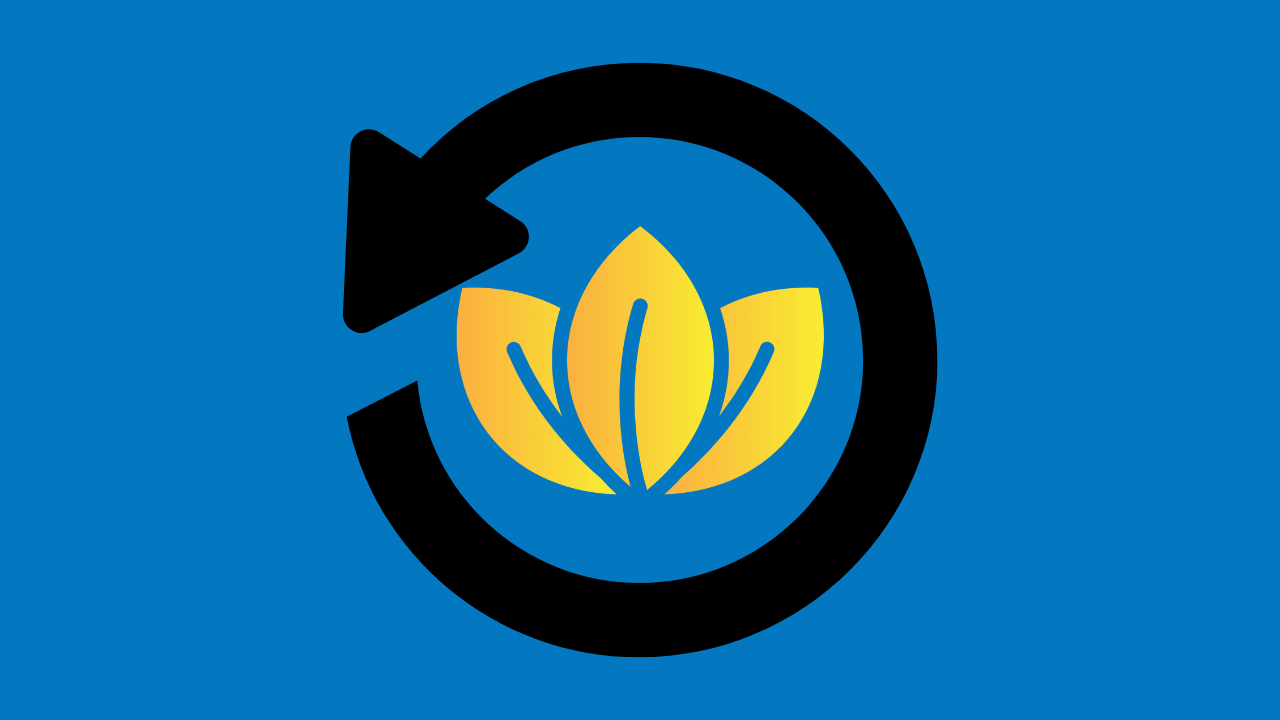Are Doctors Really Living Up to the Oath They Take? | Rethinking Modern Medicine
Aug 04, 2025
Are Doctors Really Living Up to the Oath They Take? 🤔
When doctors graduate, they stand and make a promise. They swear to put patients first, to prevent disease, to heal, and to do no harm. The words in the Hippocratic Oath and the Declaration of Geneva are beautiful. They speak of prevention being better than cure, of treating the whole person, of practicing medicine with conscience and dignity.
But looking at how healthcare works today, it’s hard not to ask: are these promises actually being kept—or have they turned into words spoken once and forgotten?
Where the Oath and Reality Don’t Match 🚫
The oath says, “I will prevent disease whenever I can, for prevention is preferable to cure.” Yet prevention is barely part of most medical visits. Instead of digging into what’s causing someone’s problems, the default is often a prescription. Medications and surgeries have their place, but they’ve become the first (and sometimes only) option.
Rarely do patients leave with a plan that addresses the root of the issue—how to eat, move, and live in a way that truly restores health. Instead, they leave with something to manage the symptoms, not fix the cause.
Modern medicine is incredible in many ways. It saves lives in emergencies and treats conditions that once would have been a death sentence. But somewhere along the way, the art of healing—the part that helps people thrive—got lost in a system that rewards quick fixes and short appointments.
When Medications Are a Starting Point, Not the Whole Answer 💊
Sometimes medication is needed in the beginning. It can stabilize someone or give them the boost they need to move toward health. For example, losing even a small amount of weight can drastically improve outcomes.
But here’s the question that doesn’t get asked enough: when do we move past the medication and start fixing the root issue? Where’s the plan to transition to lifestyle changes, nutrition, and other healing strategies? Too often, there isn’t one. People get stuck on meds for life because no one ever gave them another option. The medication was supposed to be a bridge, not the destination.
The Problem with “Normal” Labs 🧪
Then there’s how labs are read. The “normal” ranges doctors rely on aren’t about optimal health—they’re based on averages in a population that’s largely unhealthy. By the time a number is flagged, the body may have been under stress for years.
I’ve experienced this firsthand. My alkaline phosphatase is currently elevated, yet all my other liver levels are perfectly fine. Instead of investigating deeper, the advice was to stop taking multiple supplements that have no known connection to this marker. That advice could have completely altered the health path I’ve worked so hard to stay on.
The opportunity to truly figure out what’s happening was missed. No one considered that the elevation could be from something like bone remodeling from heavy lifting. There was no suggestion to test bone turnover or dig deeper. In fact, this wouldn’t have even been looked at if I hadn’t pressed and gotten my own tests elsewhere.
How many patients hear, “stop this” or “you’re fine” when they’re clearly not? At what point does surface-level care become neglect?
The Body Isn’t Separate Parts 🫀🧠🦴
Another piece of the problem is how medicine is divided. The body is treated as if it’s made of separate, unrelated parts—one specialist for your heart, another for your thyroid, another for your bones. Rarely is there communication between them.
Say the word holistic in a doctor’s office and you’re often met with an eye roll, as if you’ve just offered a magic potion. But holistic simply means looking at the body as a whole—which is exactly what it is. Health problems don’t exist in isolation, but too often, that’s how they’re treated.
When Money Shapes Medicine 💵
We also have to face the uncomfortable truth that financial incentives play a role. How are we supposed to address these issues when the system pays more for surgeries, procedures, and “add-ons” than it does for spending time with patients and teaching them how to prevent disease?
If the system rewards interventions over prevention, it’s no surprise that prevention gets pushed aside. Healing takes time, and time doesn’t pay as well as a billable procedure.
The SSRIs No One Talks About 🧠
This mindset also shows up in the way long-term medications are handled. My psychiatrist of eight years didn’t even want to discuss me getting off the SSRI I’ve been on for 20 years—even though my lifestyle has drastically changed and I no longer need it. There was no conversation about tapering, no curiosity about whether I might thrive without it.
Why? Staying on something unnecessarily isn’t harmless—it’s damaging. Long-term SSRI use has been linked to dependency, emotional blunting, and withdrawal syndromes that can be severe. Yet, instead of support, I got resistance.
I decided to take control, and I’m now halfway through my taper and doing well. But how many patients stay on medications they no longer need simply because no one will help them get off? This isn’t care—this is complacency.
Nutrition and Natural Wellness: The Missing Piece 🥗🏃♀️
It’s shocking how little doctors are taught about nutrition. Most U.S. medical schools provide fewer than 20 hours of nutrition training during their entire program. Some offer almost none. This is unbelievable when we know poor diet is one of the biggest drivers of chronic disease.
Lifestyle changes—nutrition, movement, stress management—can prevent or even reverse so many conditions. Yet, because this isn’t part of standard training, doctors default to what they know: drugs and procedures.
This isn’t about blaming individual doctors; it’s about acknowledging a system that isn’t set up to teach them everything patients need.
Do Doctors Have an Obligation to Keep Learning? 📚
This brings up a hard question: do doctors have a responsibility to keep learning, especially when it comes to something as essential as nutrition and prevention?
Are we okay with them practicing medicine the same way they did decades ago, without updating their knowledge? Or should we expect more? When you know better, you do better.
Even Doctors Are Suffering 💔
And it’s not just patients paying the price. Doctors themselves are hurting in this system. Burnout is everywhere. The pressure, the long hours, the constant fight against bureaucracy—it’s crushing.
Every year, roughly 300 to 400 doctors in the United States die by suicide. That’s the equivalent of losing an entire medical school class annually. These are people who went into medicine to help, but they’re caught in a system that often prevents them from doing what they set out to do.
Doctors aren’t immune. They’re human, too. But does that excuse sticking to outdated practices or ignoring new evidence? Or should it be a wake-up call that the system needs to change—for both patients and providers?
When Healing Stops Being Healing 🩹
Too many people suffer, not just from illness, but from the care they receive. Overmedication, missed diagnoses, and dismissal of natural approaches all contribute to this harm. Patients leave feeling unheard, unsupported, and stuck in a cycle of symptom management rather than real healing.
The Declaration of Geneva says, “the health and well-being of my patient will be my first consideration.” But when the system puts profits and speed ahead of patients, how can we say this oath is being honored?
The Kind of Care We Deserve 🌱
Healing isn’t just about controlling symptoms. It’s about helping people live fully, with energy and vitality. That means doctors have to integrate nutrition, movement, stress management, and other holistic approaches into care.
It also means creating a clear plan: use medications when needed, but also teach patients how to eventually rely on themselves, not a pill bottle.
My Hope ✨
I believe most doctors start out with the best intentions. They care deeply. They want to help. But the system they’re in often chips away at that oath they swore to uphold.
I want to see a medical system that actually keeps those promises. One that focuses on prevention, listens to patients, and empowers them to take control of their health.
Doctors have the power to change lives—but only if they keep learning, keep evolving, and use every tool available, not just the ones they learned in school decades ago. For the sake of every patient who trusts them—and for their own well-being—I hope they start practicing medicine the way they swore they would.

